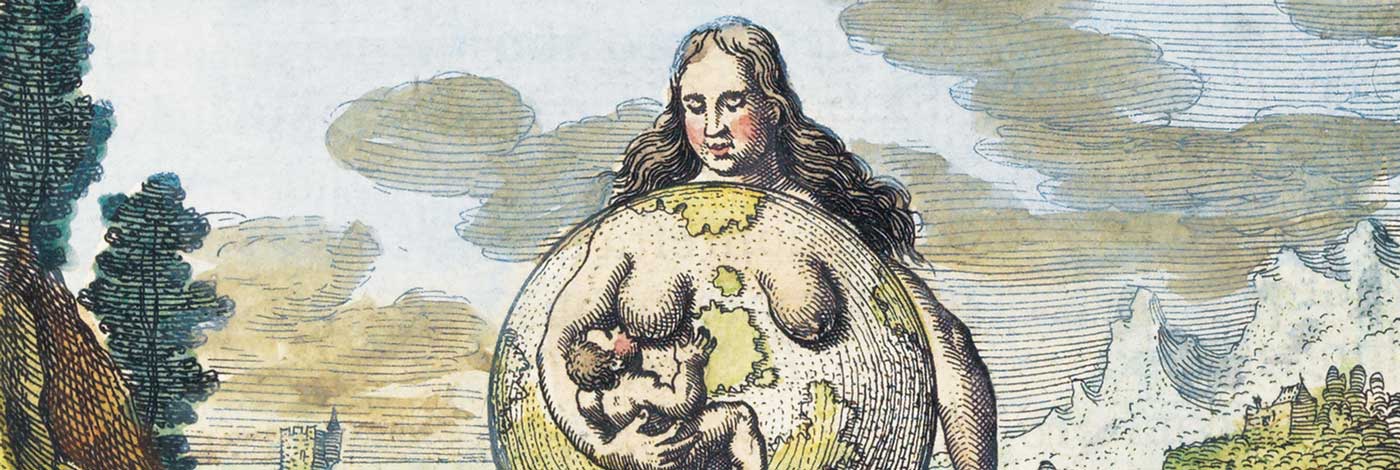
 Anthropozoologica
27 - Pages 79-86
Anthropozoologica
27 - Pages 79-86Indo-European speaking peoples conceived semantically structured onomastic systems, like those of the people they overcame (Veneti, Pelasgians, Aryans, etc.), with varying semiologies. Without necessarily doing so, these systems may include proper names with an animal coding. This feature is illustrated by the example of Penelope's Greek family, which, in a manner complementary to the mythical sources, displays a dialectic evoking both violence and productivity. Masculine nouns allude to the violent side through reference to blows (Tyndareos, Ikarios), war (represented by the horse and its attributes) and animal predation (lynx), while also acknowledging the theme of survival (beaver). Feminine nouns evoke both oviparous and mammalian reproduction side (swan, goose, "fox-goose" [shelduck], lamb, cow), and also (without resort to animal names) conjugal themes.
Indo-European, Greece, proper names, predation, production, reproduction.